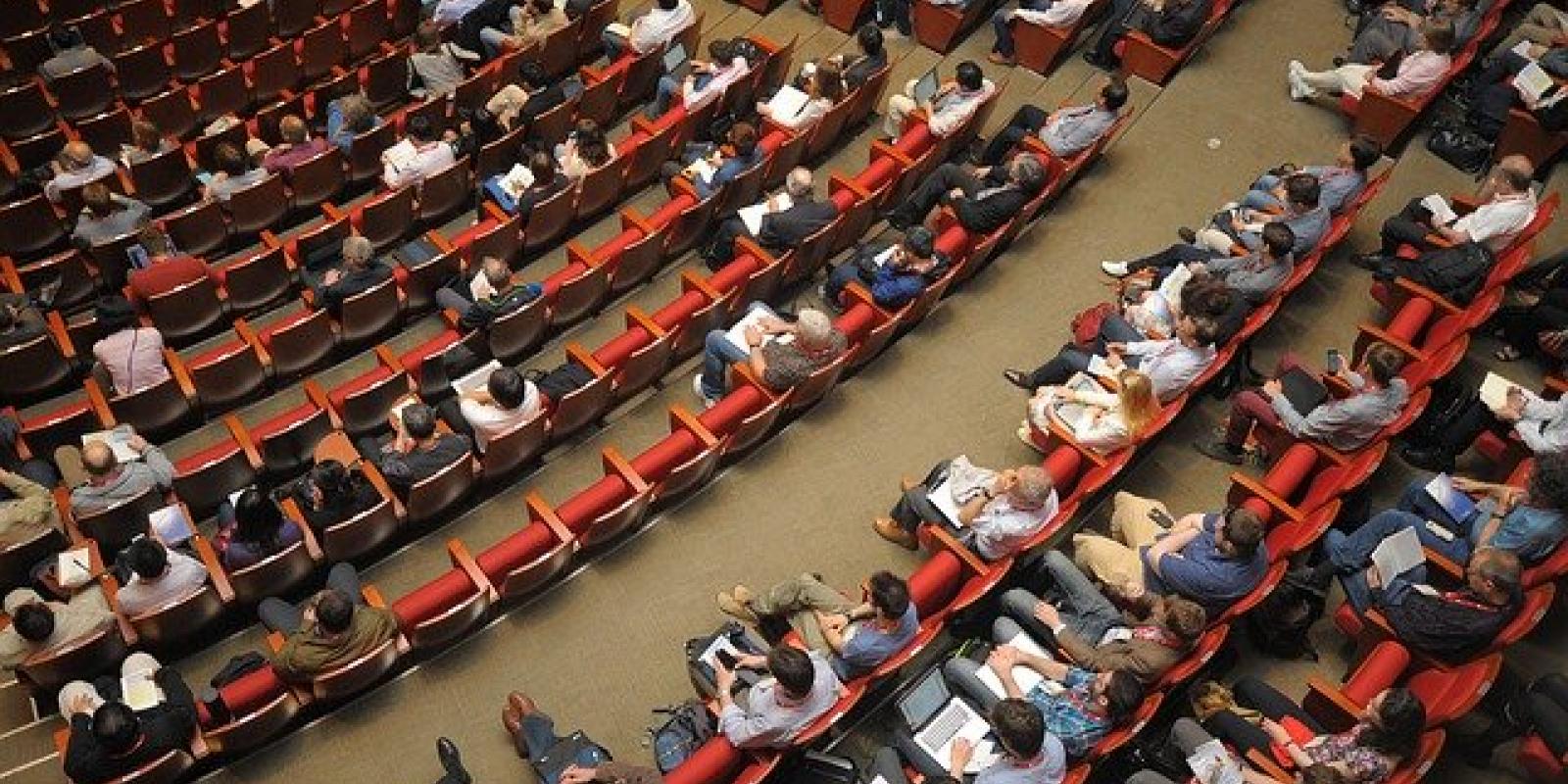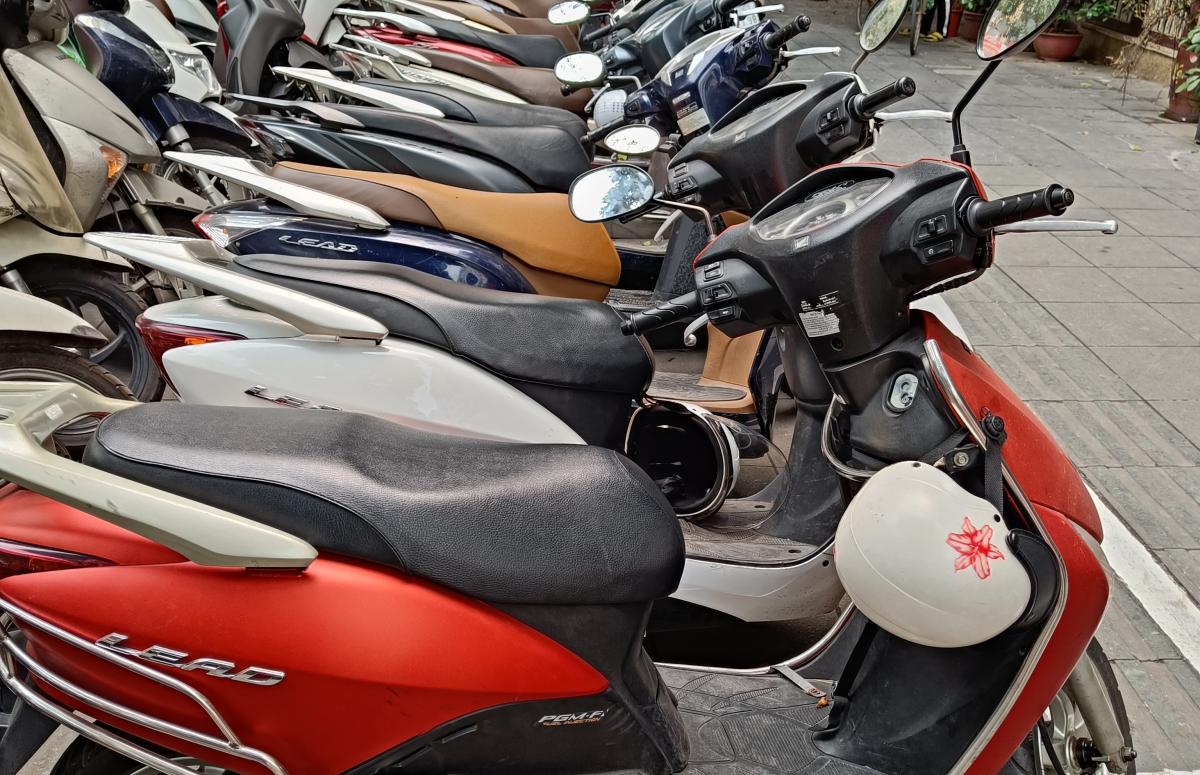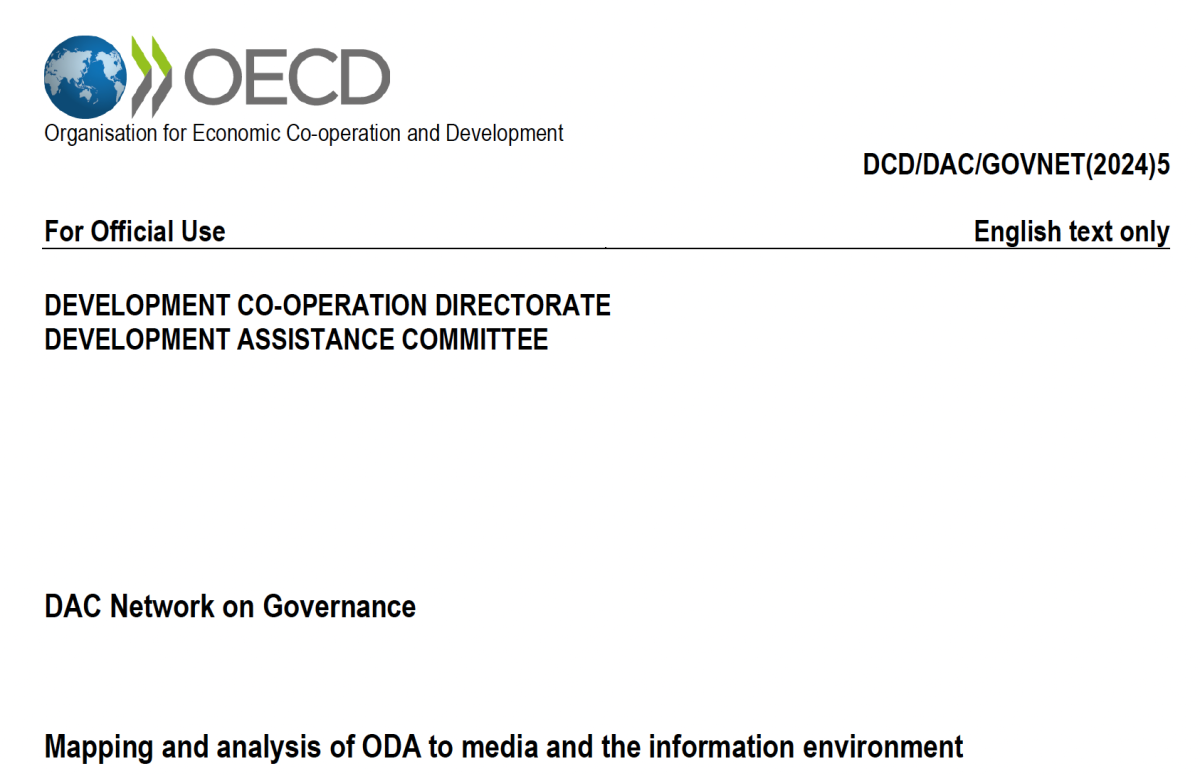
The Policy Practice at the DSA conference
The Policy Practice’s Olly Owen and Laure-Hélène Piron convened a free session for early-career and global south researchers on ‘demystifying writing for policy audiences’ at the online Development Studies Association conference 2020 in June, with a valuable contribution from David Tumwesigye (Ugandan Ministry of Gender, Labour and Social Development). Since researchers are increasingly judged on policy impact, we wanted to provide a realistic and truthful guide to how this actually happens. So we covered not only writing and presentation, but awareness of how non-linear the policy world’s relationship to research often is, and how to be both effective and opportunistic. We also pushed to broaden out concepts of policy relevance, beyond just research which proposes new policies or evaluates existing programmes, towards more conceptual and critical research which helps us usefully reflect on development practice and its assumptions. One of the silver linings of so many events having to move online this year has been an acceleration of ways to use digital technology to bridge north-south access divides, and our session saw around 20 researchers based in countries as diverse as Norway and Bangladesh, and from backgrounds ranging from NGO professionals, to research managers, to PhD students, participate and discuss the realities of communicating to policy audiences.
One of the ways to make academic researchers think more about policy relevance is to reconceptualise how that relationship might work. We are used to thinking about policy analysis, as a best-choice comparison of various policies for the purposes of choosing the most suitable, and policy evaluation research which determines the impacts, intended and unintended, of particular interventions. But we also broadened the category of policy-relevant to include what we called 'propositional' research, which highlights the potential applications of research discoveries to policy. And we also took in the opposite approach, critical research which looks at how policy changes in implementation, what wider effects or relationships it forms, how does it generate meaning and social effect, and which encompasses questioning of the broader motives and purpose. With this framework we aim to prompt scholars and practitioners to think through each others' outputs and interact more productively and creatively.
Political economy analysis for climate action - new course launched starting October 2024
The Policy Practice is delighted to be re-running the popular online course on Political Economy Analysis for Climate Action. This course explains how political economy analysis can be used to understand the challenge of action on climate change and to design more effective interventions. The course will consist of eight, 2-hour online sessions from 4 October to 12 November 2024. For more information and to register please click below or see our flyer here.
The political economy of energy transitions in Ghana, Zambia and Vietnam - Policy Brief 17
Written by Sam Bickersteth with Neil McCulloch and Meron Tesfamichael, this policy brief draws out some of the common constraints hindering the energy transition in Ghana, Zambia, and Vietnam and many other countries in the Global South. It also shows how political economy analysis can help to identify politically feasible pathways of change in each country demonstrating the importance of such analysis as an essential tool to understand energy transition.
Media support: aid funding does not match donor rhetoric
Laure-Hélène Piron (TPP Director) presented her analysis of official development assistance to media and the information environment to the Governance Network of the OECD Development Assistance Committee on 6 March 2024.
The draft report shows that the rhetoric of governments which support freedom of expression and condemn disinformation is not matched by sufficient funding. And too little directly goes to local media organisations.



